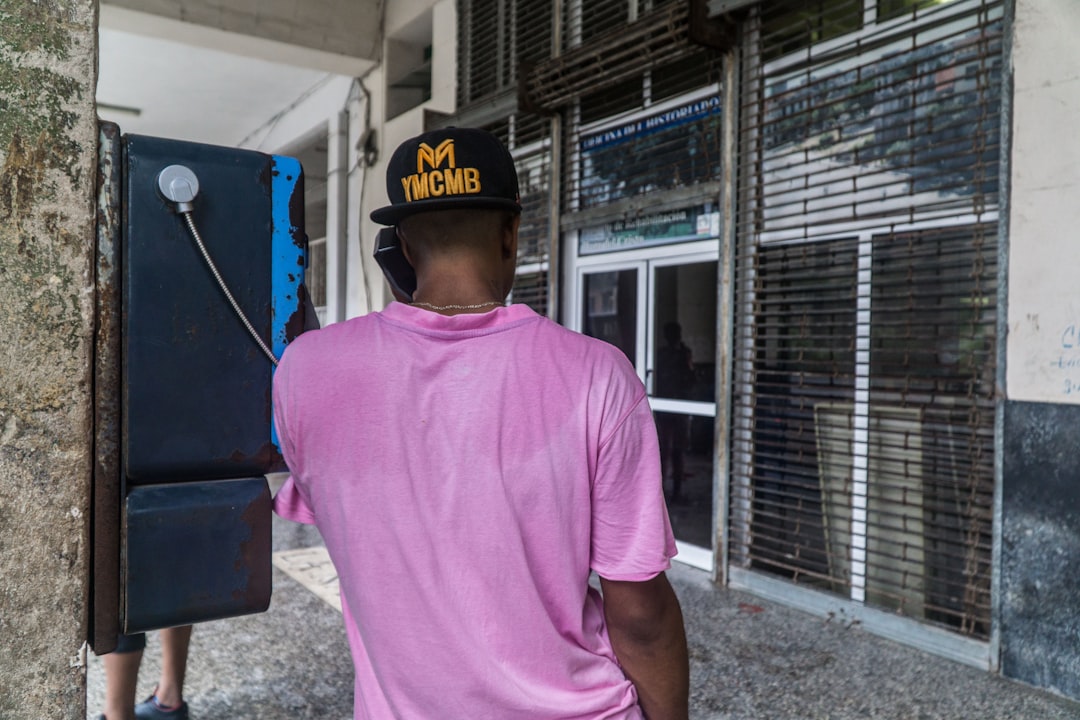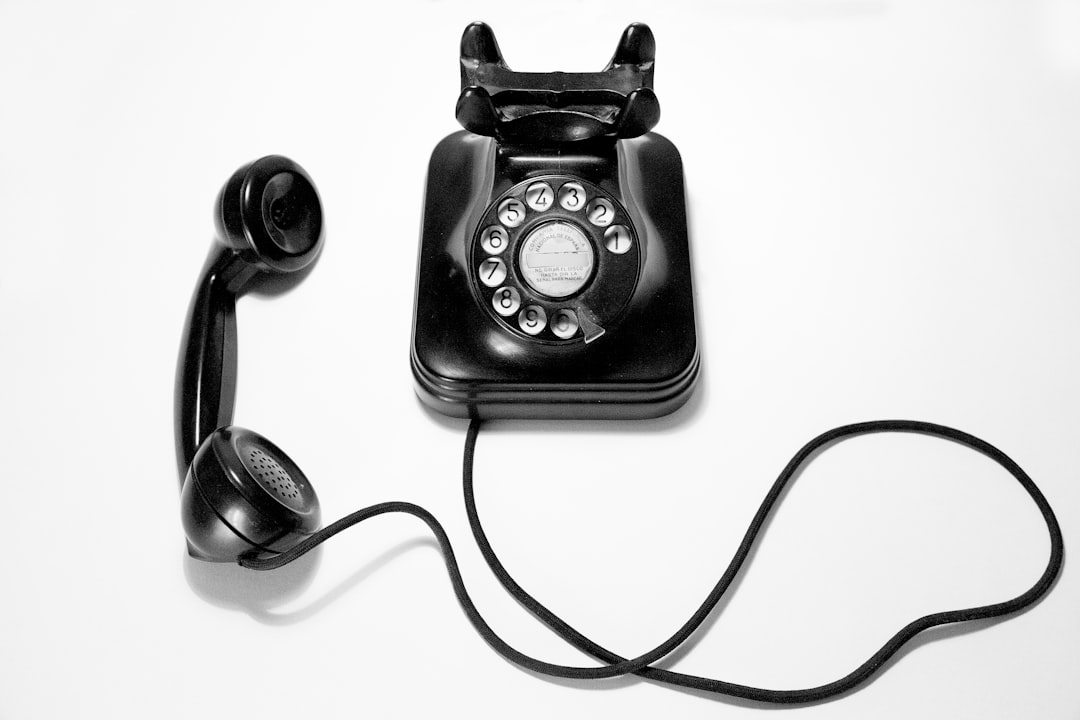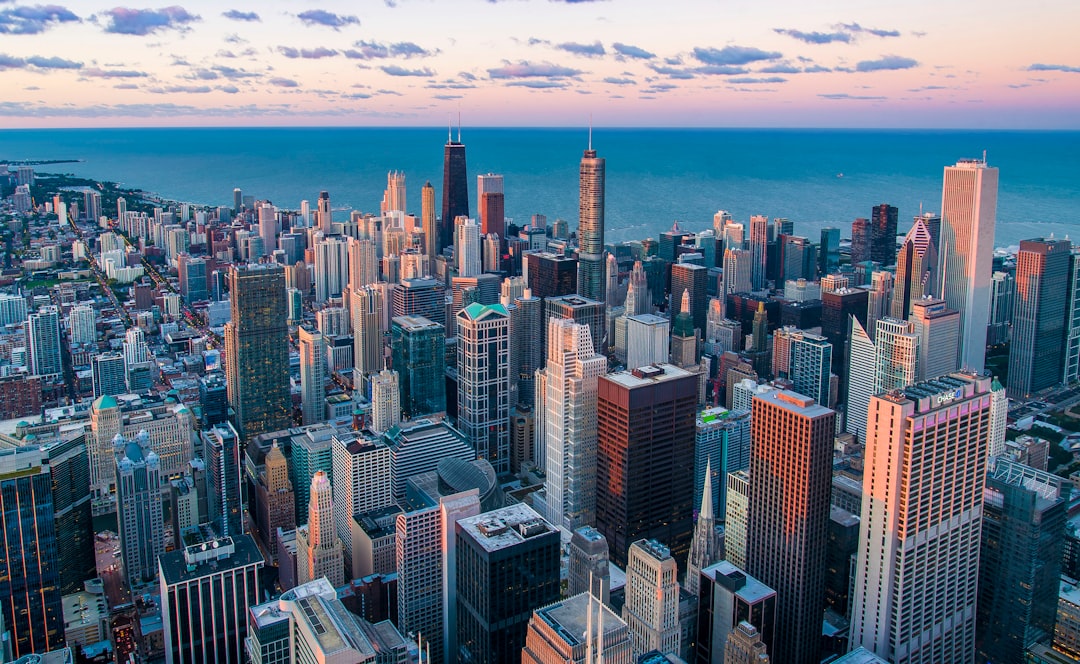Chicago residents are protected from unwanted robocalls and telemarketing practices by state and federal laws, including the Illinois Do Not Call (DNC) law. In case of persistent violations, consumers can seek legal help from specialized Do Not Call Lawyers or Attorneys in Chicago, who ensure business compliance with DNC regulations. Robocall law firms offer guidance and litigate against violators under the Telephone Consumer Protection Act (TCPA), fostering transparency and accountability. Consumers can file reports with the Federal Trade Commission (FTC) and consult legal professionals for targeted assistance. Choosing a reputable Do Not Call Lawyer or Attorney in Chicago involves reviewing their track record in successfully litigating against violators. Engaged specialists educate clients on rights, gather evidence, and take legal action to stop unwanted calls, secure damages, and enforce penalties.
Navigating the world of telemarketing and robocalls can be a frustrating experience, especially when laws are violated. In Chicago, understanding the local regulations is crucial to protect your rights. This article explores the ins and outs of dealing with robocalls and telemarketing violations, from recognizing common infractions to filing complaints. Discover the role of a Do Not Call Lawyer Chicago, who can guide you through legal proceedings against offending robocallers. Find out how a reputable Do Not Call law firm Chicago can help assert your rights and provide solutions for these persistent pests.
- Understanding Robocalls and Telemarketing Laws in Chicago
- The Role of a Do Not Call Lawyer Chicago
- Common Violations and Their Consequences
- How to File a Complaint Against Robocallers
- Choosing the Right Do Not Call Law Firm Chicago
- Protecting Your Rights: What to Expect During Legal Proceedings
Understanding Robocalls and Telemarketing Laws in Chicago
In Chicago, both state and federal laws regulate robocalls and telemarketing practices to protect residents from unwanted and deceptive calls. The Do Not Call (DNC) law in Illinois is a significant component, restricting automated sales or marketing calls to households that have registered on the state’s Do Not Call list. This law applies to businesses engaging in telemarketing activities within the city and requires them to obtain explicit consent before making prerecorded calls.
Chicago residents who experience persistent robocalls or feel their privacy rights have been violated can seek legal recourse through a Do Not Call Lawyer or Do Not Call Attorney. Robocall law firms in Chicago specialize in representing clients against such violations, offering guidance and support to navigate the complex legal landscape surrounding telemarketing. These professionals ensure that businesses adhere to the rules, providing a safer environment for residents from intrusive marketing calls.
The Role of a Do Not Call Lawyer Chicago
In the ever-evolving landscape of consumer protection, Do Not Call Lawyers Chicago play a pivotal role in navigating the complex web of regulations surrounding telemarketing and robocalls. With the relentless surge of unwanted calls, these legal experts are the shield for individuals and businesses seeking respite from intrusive marketing practices. A Do Not Call Attorney Chicago specializes in interpreting and enforcing the Do Not Call Registry, ensuring that businesses adhere to the stringent rules designed to respect consumers’ privacy.
The expertise of a top-tier Do Not Call Law Firm Chicago extends beyond mere compliance. They actively litigate against violators, employing strategic legal actions to deter abusive calling practices. By holding telemarketers and robocall operators accountable, these lawyers foster a more transparent and respectful business environment. Moreover, their work safeguards the rights of consumers, empowering them to take action against unwanted calls and seek compensation for any resulting harm.
Common Violations and Their Consequences
In Chicago, as across the nation, several common violations related to robocalls and telemarketing exist, each with distinct consequences for offenders. One of the most prevalent offenses is the disregard for Do Not Call (DNC) lists, where businesses or individuals continue to make automated calls to consumers who have explicitly opted out. This not only disrupts peace of mind but also carries legal repercussions, including fines and potential class-action lawsuits. According to the Federal Trade Commission (FTC), robocallers can face penalties of up to $40,000 per call made in violation of DNC regulations.
Another significant violation involves misleading or deceptive telemarketing practices. These include making false claims about products or services, omitting important information, or using high-pressure sales tactics. Such misconduct not only damages consumer trust but can lead to substantial penalties, including legal fees and court-ordered restitution. Consumers who feel they’ve been targeted by these violations can seek redress through a Do Not Call Lawyer Chicago or Do Not Call Attorney Chicago, who specialize in representing victims of telemarketing abuses, often working with robocall law firms Chicago to hold offenders accountable under the Telephone Consumer Protection Act (TCPA).
How to File a Complaint Against Robocallers
If you’ve received unwanted automated phone calls or telemarketing messages, you have options to take action. Filing a complaint against robocallers is an important step in stopping this nuisance and protecting your privacy. Start by identifying the source of the call; check for any visible numbers or names on your caller ID. You can then file a report with the Federal Trade Commission (FTC) using their online Complaint Assistant, which is a simple and effective way to document your experience.
For more targeted assistance, consider reaching out to a Do Not Call Lawyer Chicago or a reputable Do Not Call law firm Chicago. These legal professionals specialize in handling robocall and telemarketing violations. They can guide you through the process of filing a formal complaint, potentially representing you in legal action against repeat offenders, and ensuring your rights are protected under the Telephone Consumer Protection Act (TCPA). Don’t hesitate to take action; stand up for your right to peace and quiet by involving the right experts.
Choosing the Right Do Not Call Law Firm Chicago
When it comes to selecting a legal representative for your Do Not Call rights in Chicago, choosing the right firm is paramount. Look for a Do Not Call lawyer Chicago or Do Not Call attorney Chicago who specialises in telemarketing and robocall violations. Reputable firms like those with robust experience in handling such cases can offer invaluable guidance tailored to your situation. They should be equipped to navigate the nuances of federal and state regulations, ensuring compliance and protecting your rights.
Reputable Do Not Call law firms Chicago will have a proven track record of successfully litigating against violators, securing compensation for clients where due. Their expertise extends to negotiating settlements or representing you in court if necessary. When considering options, review client testimonials and verify their legal standing. Engaging with a well-versed Do Not Call lawyer Chicago ensures robust protection against unwanted calls and assertive action against offenders.
Protecting Your Rights: What to Expect During Legal Proceedings
When you retain a Do Not Call Lawyer Chicago or Do Not Call Attorney Chicago to combat robocalls and telemarketing violations, you can expect a dedicated legal team to guide you through the process. The first step is understanding your rights under Illinois law, which prohibits unsolicited telephone marketing calls unless you have given prior consent. Your lawyer will review the specifics of your case, gathering evidence such as call logs, recordings, or any communications that violate the Do Not Call status registered with the National Do Not Call Registry.
During legal proceedings, a robocall law firm Chicago specialist will represent you and take the necessary actions to stop the unwanted calls. This may include sending cease-and-desist letters, negotiating settlements with violators, or filing lawsuits to secure damages and penalties for each violation. The goal is not only to halt the harassment but also to send a strong message that such practices are unacceptable and will be met with legal consequences.






